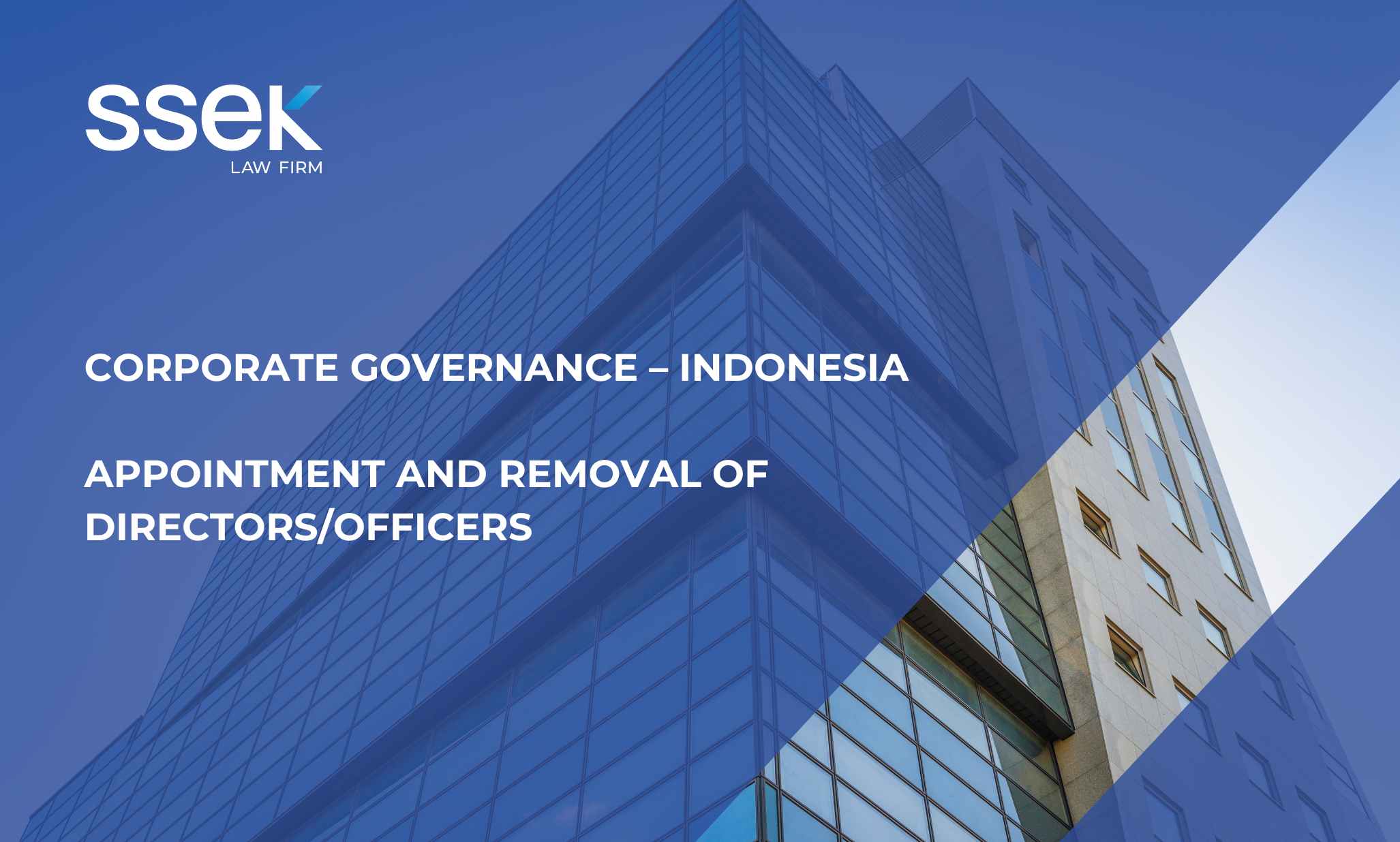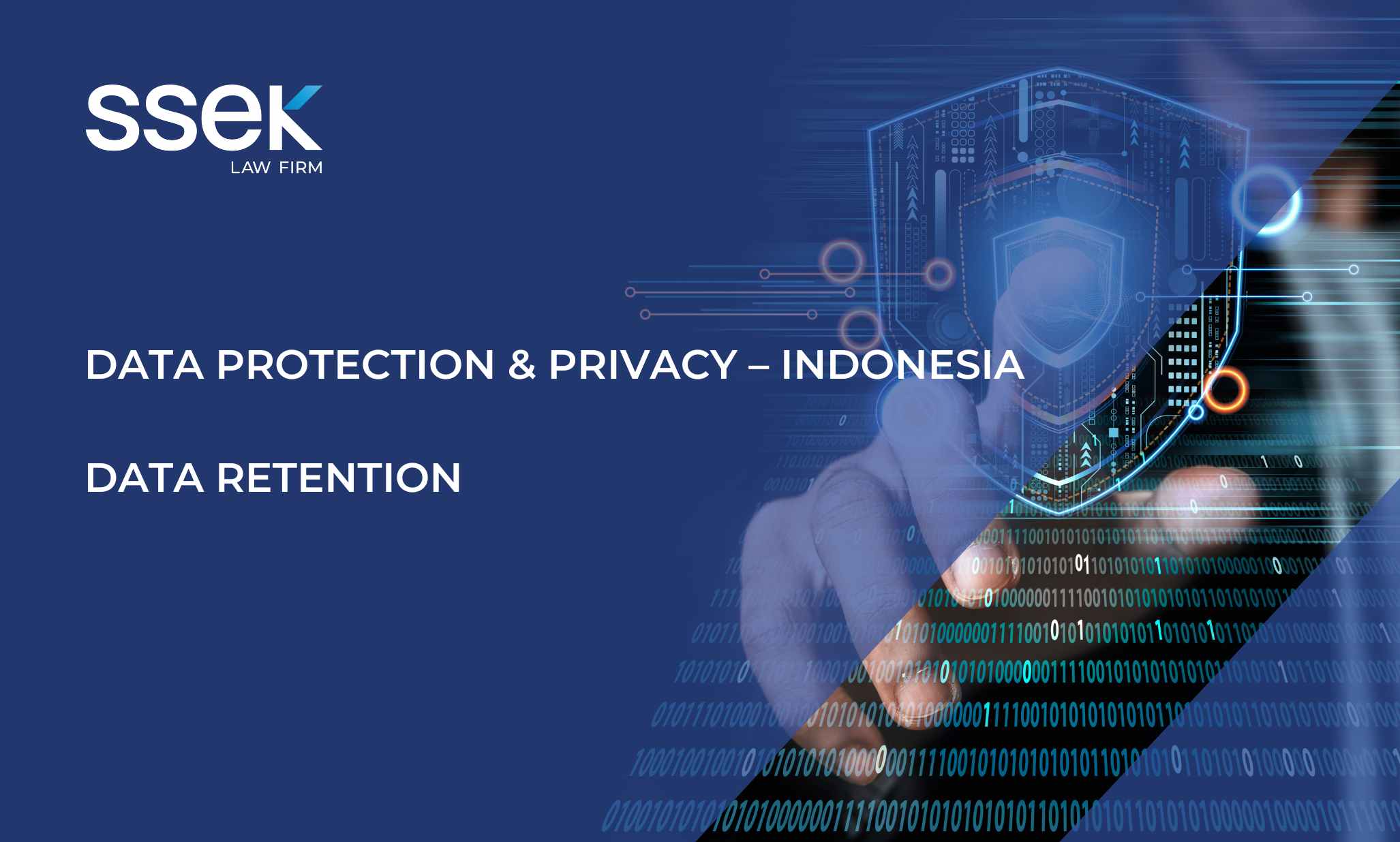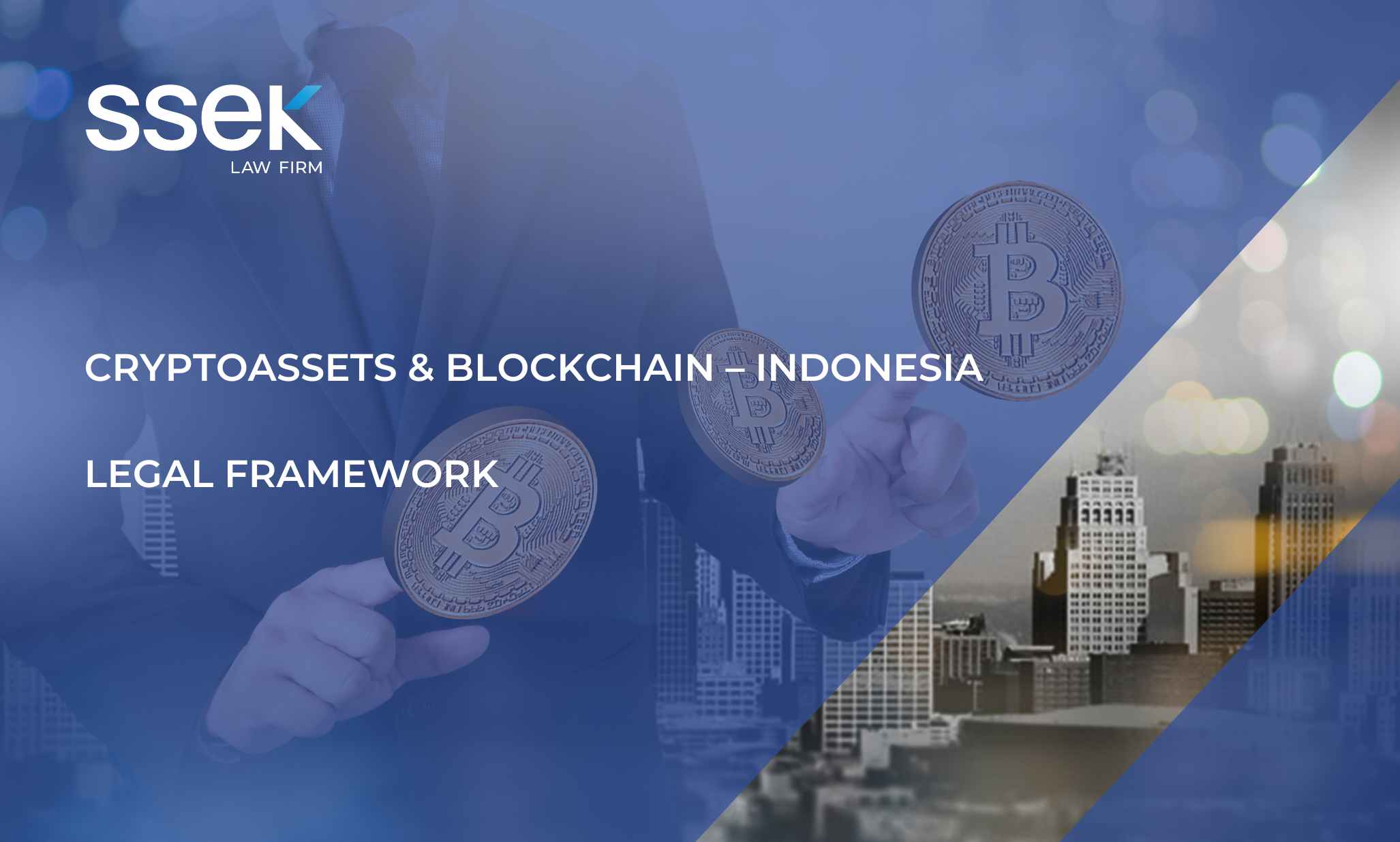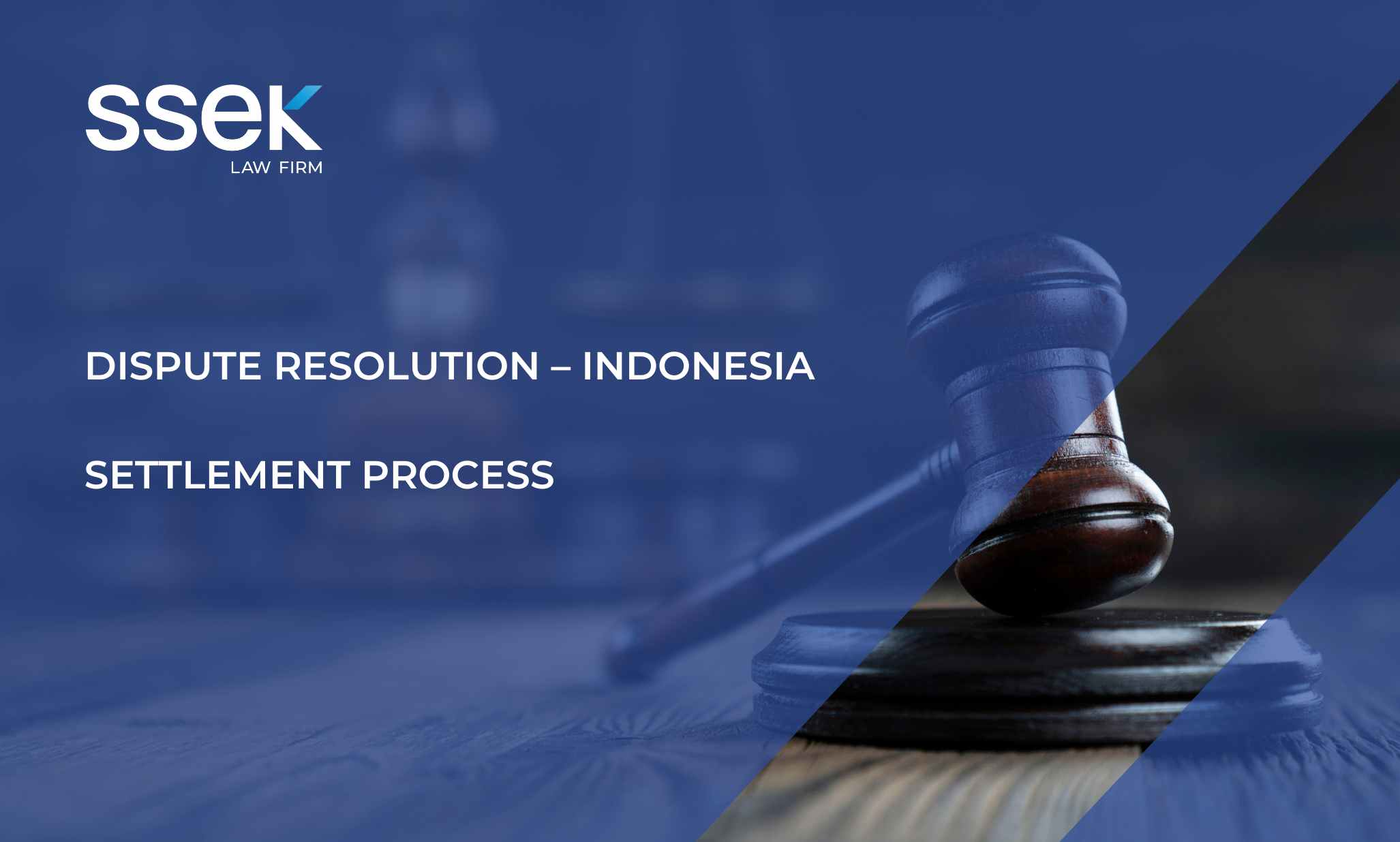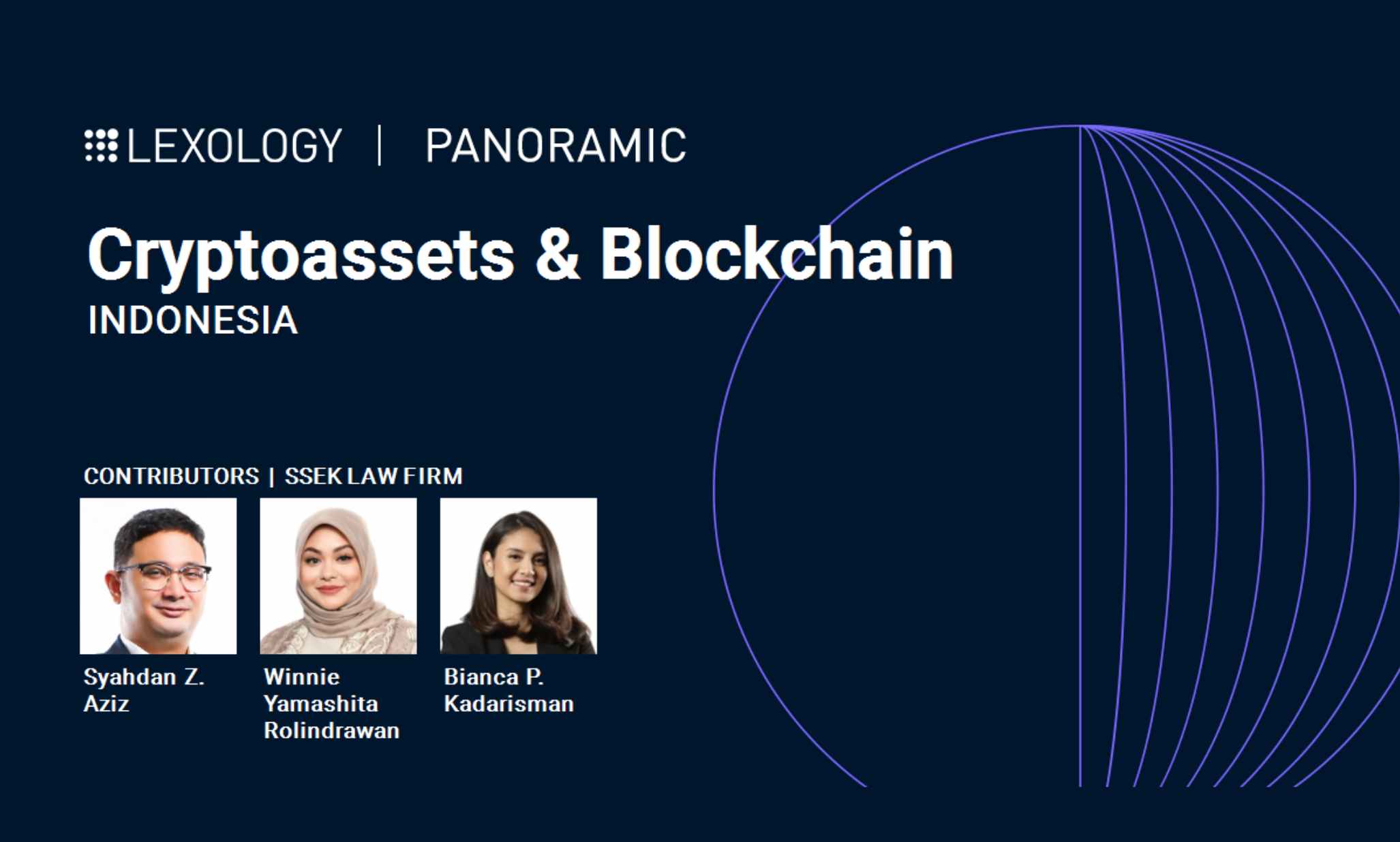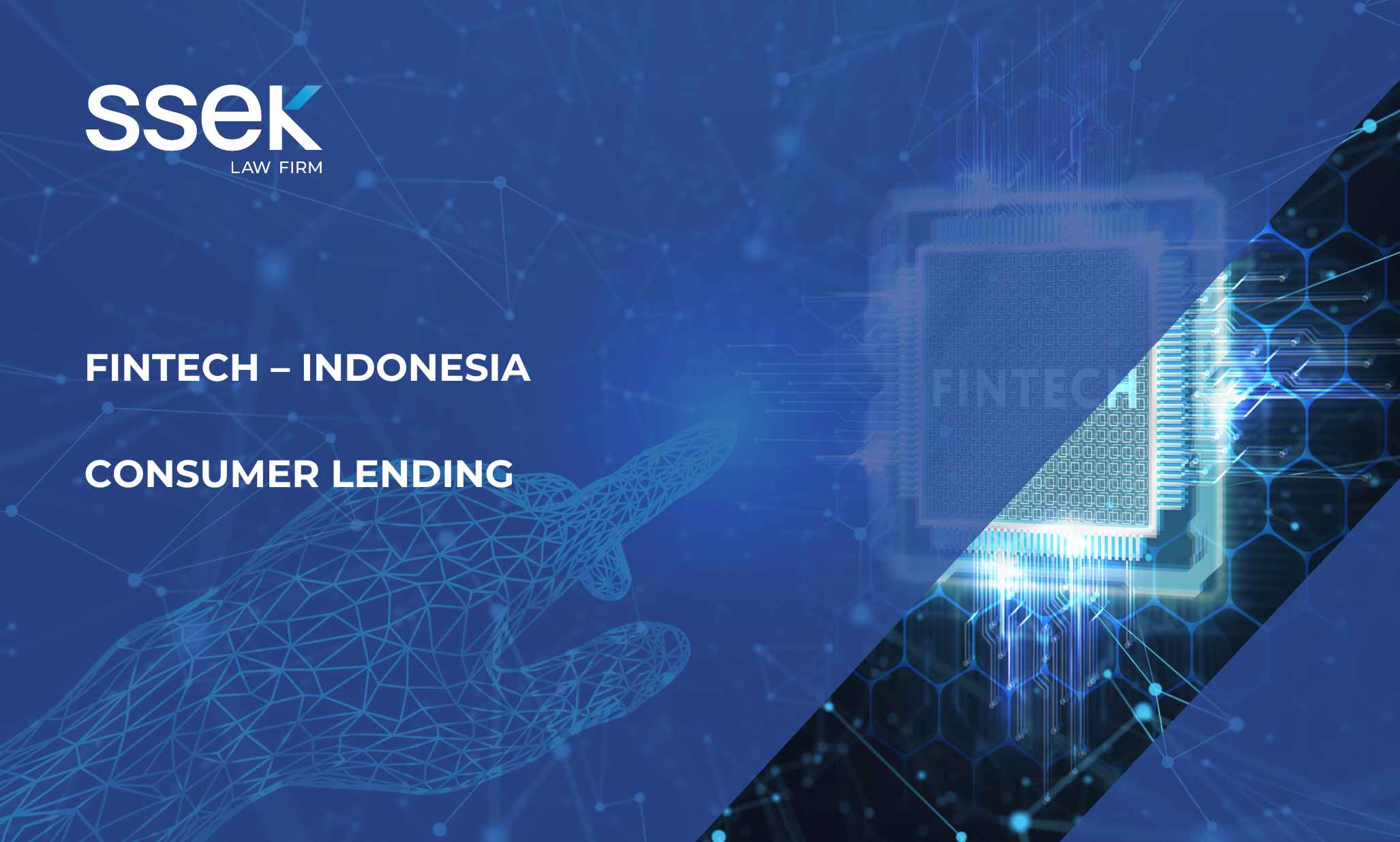


Consumer lending is regulated in Indonesia, with a particular focus on IT-based money lending services (peer-to-peer lending), as regulated under Financial Services Authority (OJK) Regulation No. 10/POJK.05/2022 regarding Information Technology-Based Co-Financing Services (OJK Reg. 10/2022). This regulation requires providers of IT-based co-financing services to be a limited liability company and meet certain prerequisites.
The OJK has the authority to regulate, register and issue licenses, as well as supervise the fintech consumer lending industry. Pursuant to this regulation, a company engaging in the provision of peer-to-peer lending activities can have a maximum foreign ownership of 85 percent, which means at least 15 percent of the ownership must be in the hands of Indonesian parties.
Further, the provider must have at least IDR 25 billion (approximately US$1.5 million at current exchange rates) in issued capital during its establishment. The issued capital must be fully paid and placed in a time deposit. Providers must also have a minimum equity of IDR 12.5 billion (approximately US$780,000 at current exchange rates) at all times. The fulfilment of this minimum equity requirement can be done gradually, as follows:
- at least IDR 2.5 billion for one year as of the promulgation of OJK Reg. 10/2022;
- at least IDR 7.5 billion for two years as of the promulgation of OJK Reg. 10/2022; and
- at least IDR 12.5 billion beginning as of three years from the promulgation of OJK Reg. 10/2022.
Peer-to-peer providers shall directly apply to the OJK for a license. The OJK further requires providers to obtain an Electronic System Provider Certificate (ESP Registration Certificate) issued by the Ministry of Communication and Informatics (MOCI), in addition to the license issued by the OJK.
Providers are restricted from conducting any funding activity before obtaining an ESP Registration Certificate. Within 30 calendar days after obtaining an ESP Registration Certificate, providers must begin funding activity. Failure to obtain an ESP Registration Certificate or to conduct funding within the given timeline will result in the OJK cancelling the provider’s existing license.
Excerpted from Lexology Panoramic: Fintech 2025, published by Law Business Research.
Find the Indonesia chapter of Lexology Panoramic: Fintech 2025 here.
Further reading:
Indonesia Cryptoassets and Blockchain Guide
Fintech Licensing Requirements in Indonesia
This publication is intended for informational purposes only and does not constitute legal advice. Any reliance on the material contained herein is at the user’s own risk. All SSEK publications are copyrighted and may not be reproduced without the express written consent of SSEK.




